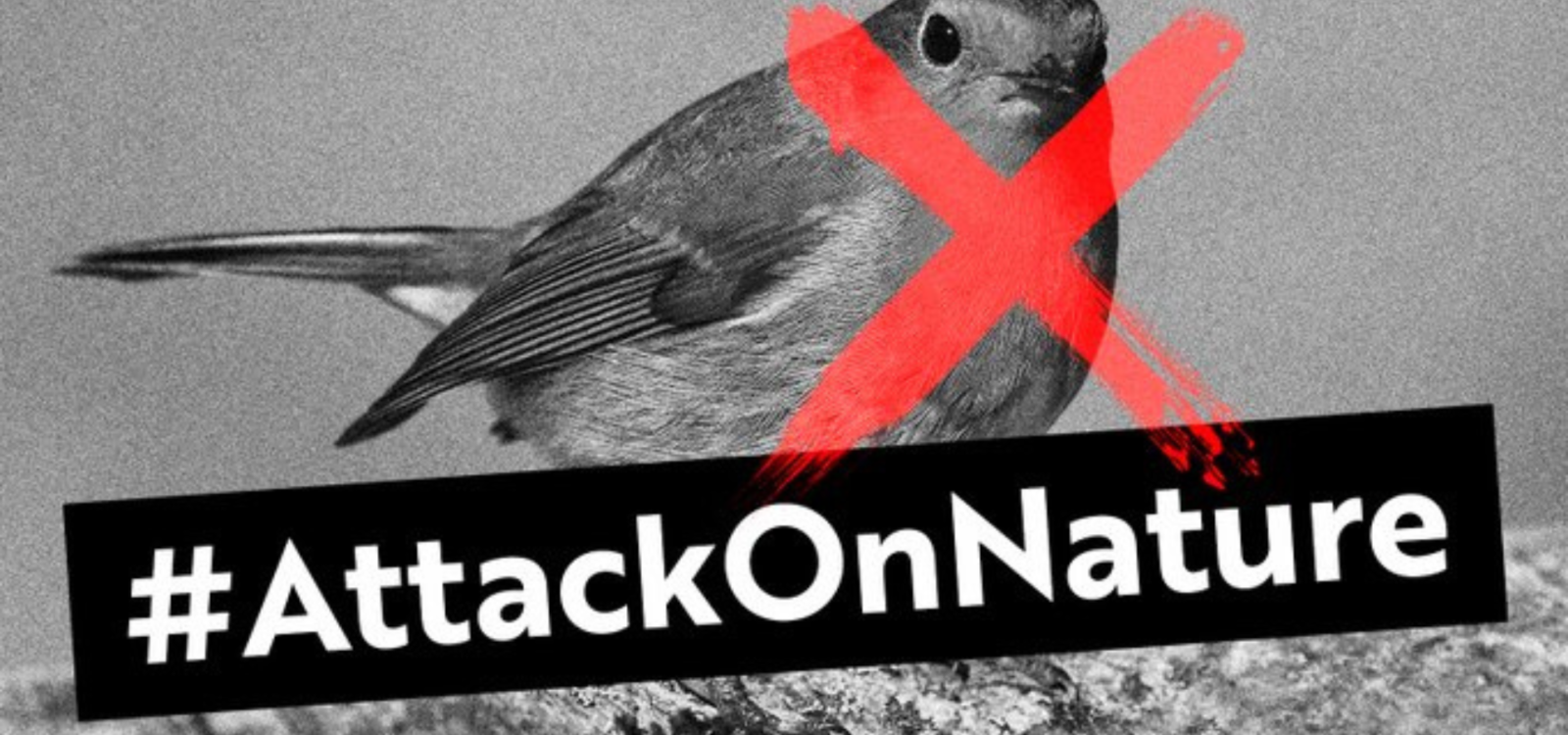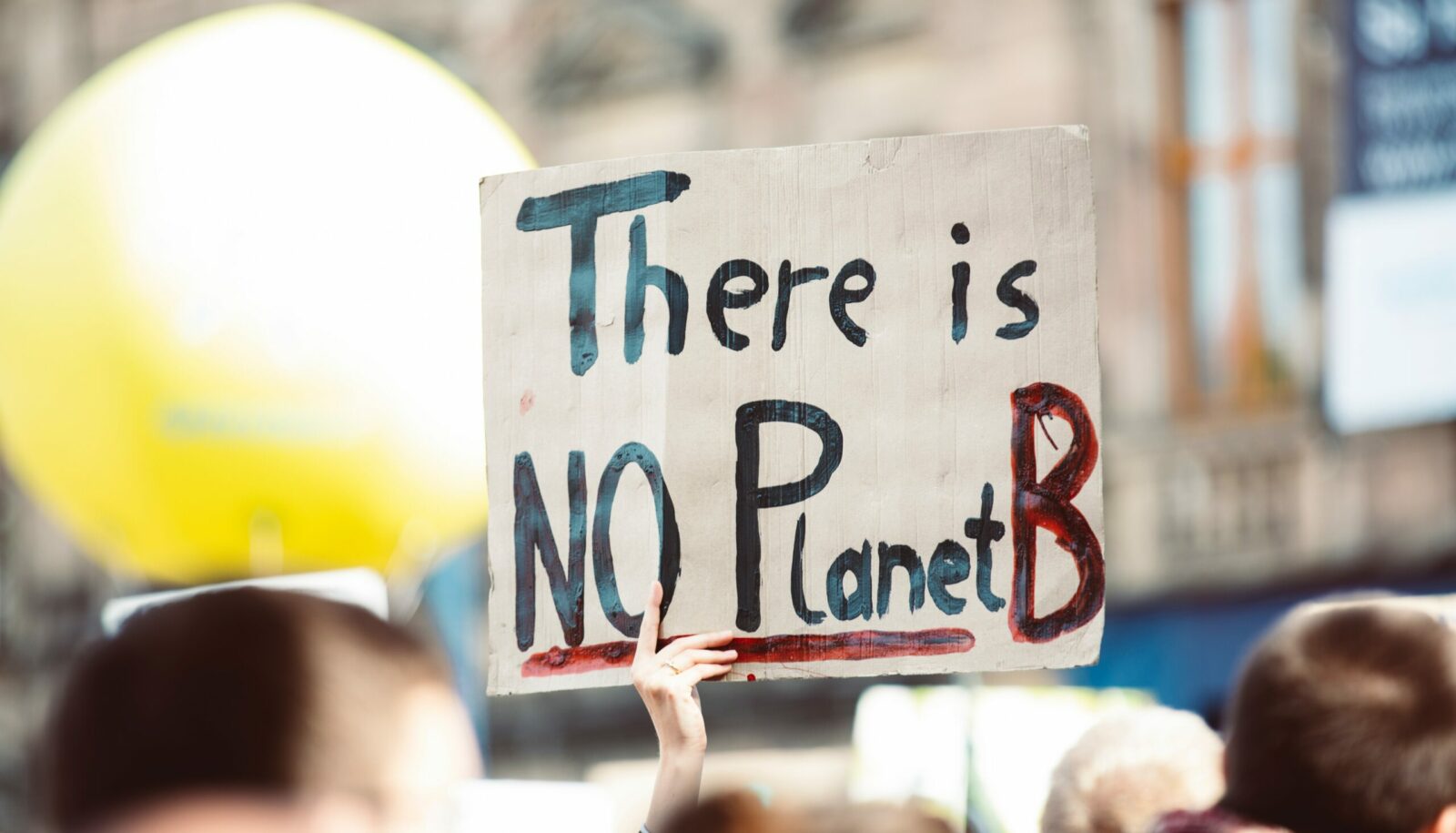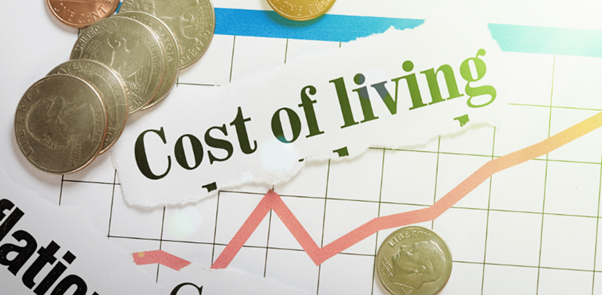
GOOD For Business
GOOD For Business is a weekly roundup of some of the most pertinent global stories from the world of Purpose.
Sign up to receive GOOD For Business as a newsletter straight to your inbox every Friday on the link here.
Brands need to be on the right side of history
In response to the mini-budget announcement this week, nature charities, including RSPB, have raised serious alarm over the proposed plans. They’re calling the new plan for investment zones across the UK an “attack on nature” – RSPB have taken an activist stance (along with other nature charities). They released a statement on Twitter stating: “we are angry and we are mobilising against these proposed plans.”
This is a break from RSPB’s usual approach, where they’ve previously used soft power to provoke a more consultative response. This departure can be seen as inspiration to commercial brands. We are reaching a breaking point and many more individuals will start to more overtly demonstrate their views for and against those brands and businesses reflecting their values. Increasingly, in order to continue to remain relevant, brands need to stand up for what their customers and staff believe is the right thing to do, not just the most profitable thing to do. This is especially in response to ever increasing drastic government policy.

As only 23 of the 195 countries submitted updated 2030 climate plans by the deadline set by the UN, it’s clear there is a need for leadership elsewhere than government. Whilst the UK government might appear to be doing the bare minimum, that won’t let businesses off the hook. The pressure on business leaders to take responsibility is growing. People are looking for leadership, rather than businesses just waiting to be forced into good practice by general public opinion and regulation.
This moment of unprecedented climate crisis is a time where people are looking for brands to help solve the problems we’re all facing. Brands will be held accountable and responsible for climate damage, as we have seen in the courts in the US recently. But they are also being held accountable by their employees and customers. Legislation trying to have a positive impact on people’s lives, such as reducing salt, sugar and use of plastics, should not be resisted by brands, as we have seen recently. Such behaviour might be seen by consumers to be akin to the tobacco and fossil fuel lobbies advocating that their products do no harm. Doing the right thing is profitable. If you’re leading the way, you win consumer favour, trust and profits. And that’s what Purpose is, a win for the consumer, a win for the business and a win for the planet.

Challenging the fashion industry’s impact on climate crisis
As Sustainable Fashion Week draws to a close, and drops in profits are reported from fast fashion brands such as ASOS and Boohoo, there appears to be a clear shift in the nation’s attitude towards the fashion industry. The slow collapse of these fast fashion brands isn’t just a reflection of the rise of arguably more destructive and cheaper brands such as Shein. It is also due to the leadership shown by certain brands of the “repair revolution.” With Berghaus following in the footsteps of Patagonia and North Face – there is a whole category within the fashion sector providing leadership and setting best practice examples in repairing worn clothes. The championing of preloved, second hand and repaired clothing by consumers and brands alike reflects the increasing challenge to the fashion industry’s impact on the climate crisis. To stay ahead of the curve, brands need to embrace this shift and build their strategy moving forward.

Cost of Living Weekly Watch
Libraries in England and Wales are responding to the cost of living crisis by abolishing daily late fees for books and getting ready to become “warm banks” to help the vulnerable this winter. Read more here
Curry’s have just announced its third pay increase for staff in just over a year amid the cost of living crisis. Read more here
Next has warned that the weaker pound seen in the wake of the mini-budget could prolong cost of living pressures. Read more here


